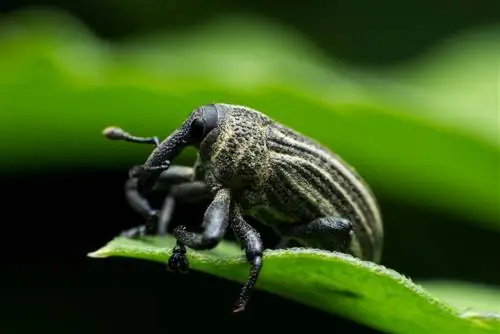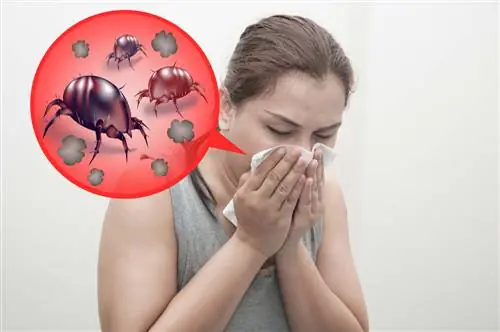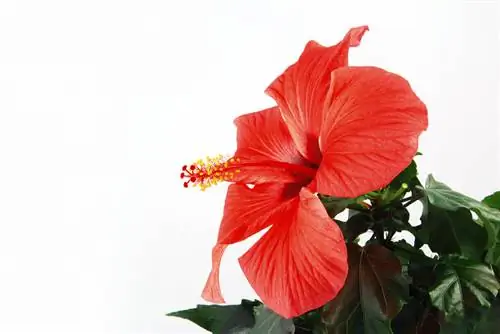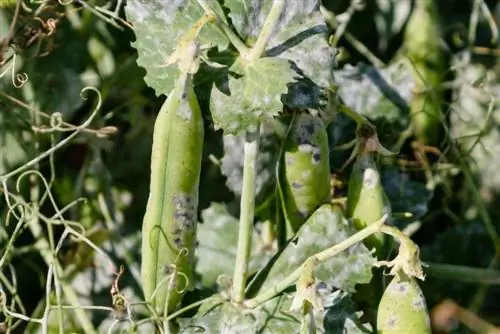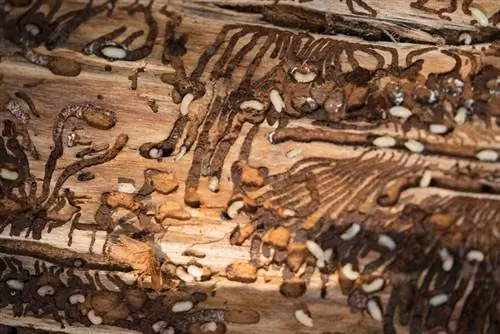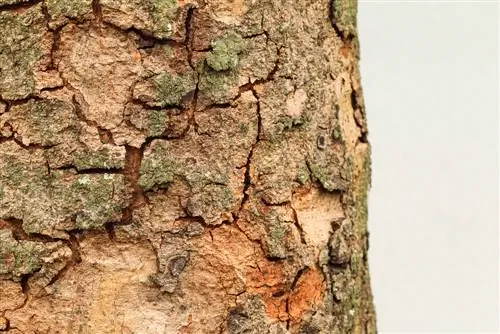- Author admin leonars@hobbygardeners.com.
- Public 2023-12-16 16:46.
- Last modified 2025-01-23 11:21.
One of the great advantages of privet is that the shrub is not as often attacked by pests as other hedge plants. Which pests can occur, how can they be recognized and what control options are there?
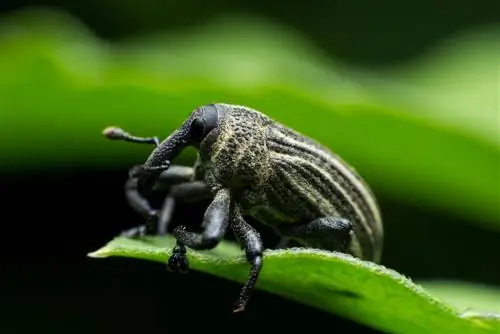
What pests occur on privet and how do you combat them?
Privet can be attacked by privet aphids, privet sawfly, warts and weevils. To combat this, infested leaves can be removed, ant trails can be interrupted, ladybirds and lacewings can be used, or nematodes can be used to control black weevils.
What pests can occur on privet?
- Privet aphid
- Privet sawfly
- Warts
- Bigmouth Weevil
Basically it can be said that a normal pest infestation on privet is not worrying. He althy, strong privet bushes can cope with an infestation without dying.
For prevention, ensure that the privet receives enough, but not too many, nutrients. In addition, the substrate must always be slightly moist without causing waterlogging.
Identify and combat privet aphid
A sign of privet aphid infestation are leaves that curl, dry out and fall off. Sometimes you will also see ant trails leading up the bush
Disrupt the ant trails. Collect infected leaves and dispose of them.
If the infestation is not too severe, further control measures are not necessary. You can use ladybugs and lacewings, but you can also set up yellow boards (€6.00 on Amazon) near the privet.
Identify and combat privet sawfly
The privet sawfly leaves damage in the form of holes on the leaves.
Cut off affected shoots generously and dispose of them in the household waste. Pruning should be done immediately, before the larvae responsible for the damage retreat from the ground.
Warts on privet
Thickened areas and dots can indicate warts. This is not dangerous and does not need to be treated.
Fighting black weevils with nematodes
Black weevils eat the roots of the privet and ensure that the shrub can no longer draw water. However, serious damage only occurs if the infestation is very severe.
Have your suspicion of black weevil confirmed by an expert and tackle this pest with nematodes. These are threadworms that you can get from gardening stores. The nematodes eat the larvae of the black weevil and die when there is no more food available.
Tip
Fungal diseases are also rare and do not necessarily damage a he althy privet. Make sure your cutting tools are clean and put affected cuttings and leaves in the household waste and not in the compost.

